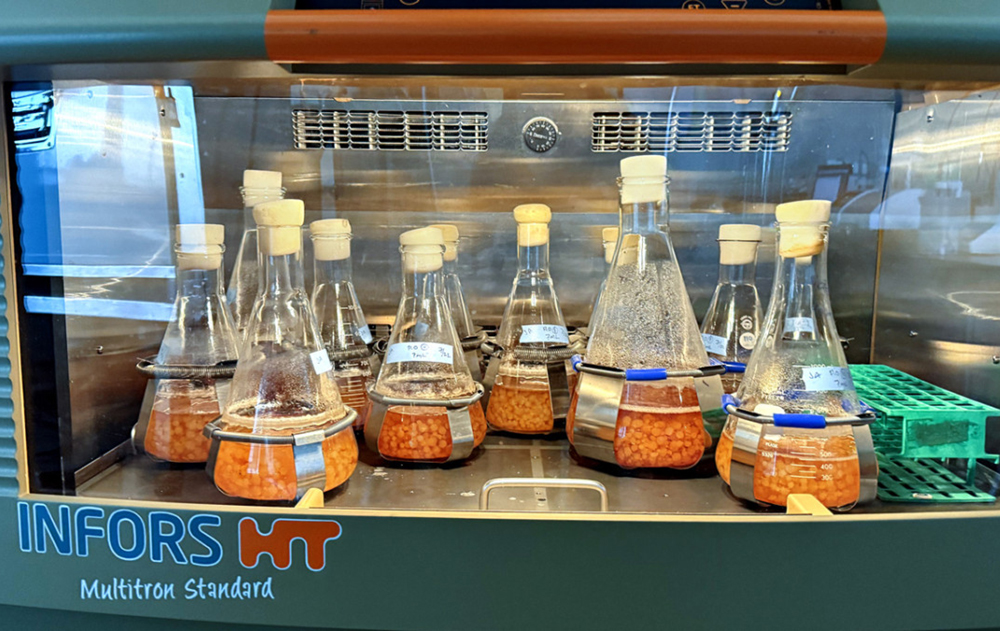

New research found strong consumer interest in sustainable pet diets, including cultivated meat for dogs and cats
Two of the largest studies to date on sustainable pet diets have found that many dog and cat guardians were open to feeding their animals alternatives to conventional meat-based pet foods. The research, published in the journal Animals and co-led by Griffith University Adjunct Professor Andrew Knight, explored attitudes toward diets incorporating plant-based ingredients or cultivated meat.
The first study surveyed 2,639 dog guardians from around the world. Although 84% of respondents were currently feeding their dogs conventional or raw meat-based diets, a significant share expressed willingness to consider alternatives. Forty-three percent of this group said at least one more sustainable option was acceptable, including vegan, vegetarian, or cultivated meat-based dog food.
Cultivated meat, described to respondents as real animal meat produced by growing cells in a controlled environment, was the most acceptable alternative, chosen by 24% of these guardians. Vegetarian diets were considered acceptable by 17%, and vegan diets by 13%. When asked what characteristics were essential for selecting any of these alternatives, respondents prioritized nutritional soundness (85%) followed closely by good pet health outcomes (83%).
The companion study surveyed 1,380 cat guardians. As with dogs, most participants – 89% – fed their cats conventional or raw meat-based diets. Yet more than half of this group, 51%, said at least one more sustainable option was acceptable. The most favored choice was cultivated meat, selected by 33% of these participants, followed by vegan diets at 18%. As in the dog-focused study, respondents identified good pet health (83%) and nutritional soundness (80%) as the most important requirements for considering alternatives.

Across both surveys, several demographic trends emerged. Guardians who reduced or avoided meat in their own diets were significantly more receptive to alternative diets for their pets. Respondents with higher educational qualifications also tended to be more open to these options. Age played a role as well, with older guardians generally less accepting of alternatives than younger ones. Regional differences appeared, though many were not statistically significant. Respondents from the UK were often less open to alternative diets compared with participants in other European countries, North America, or Oceania.
Professor Knight said the findings came at a moment when the environmental and ethical impacts of traditional pet food production were receiving greater public attention. “Recent studies have demonstrated our dogs and cats collectively consume a substantial proportion of all farmed animals. Pet diets such as those based on plant-based ingredients or cultivated meat could transform the pet food system, lowering adverse impacts for farmed animals and the environment,” he said.
The two surveys provided new insight into how consumers viewed the future of pet nutrition, suggesting that interest in lower-impact diets extended beyond personal dietary choices and into the choices guardians made for their animals. The research indicated that while conventional meat-based pet foods continued to dominate the market, the potential for alternatives – particularly cultivated meat – was significant, provided these diets were shown to be nutritionally complete and supported positive health outcomes.
Professor Knight said the results underscored growing awareness of the footprint of pet food production and showed that a substantial proportion of guardians were willing to consider more sustainable options when certain conditions were met.
If you have any questions or would like to get in touch with us, please email info@futureofproteinproduction.com

.png)






